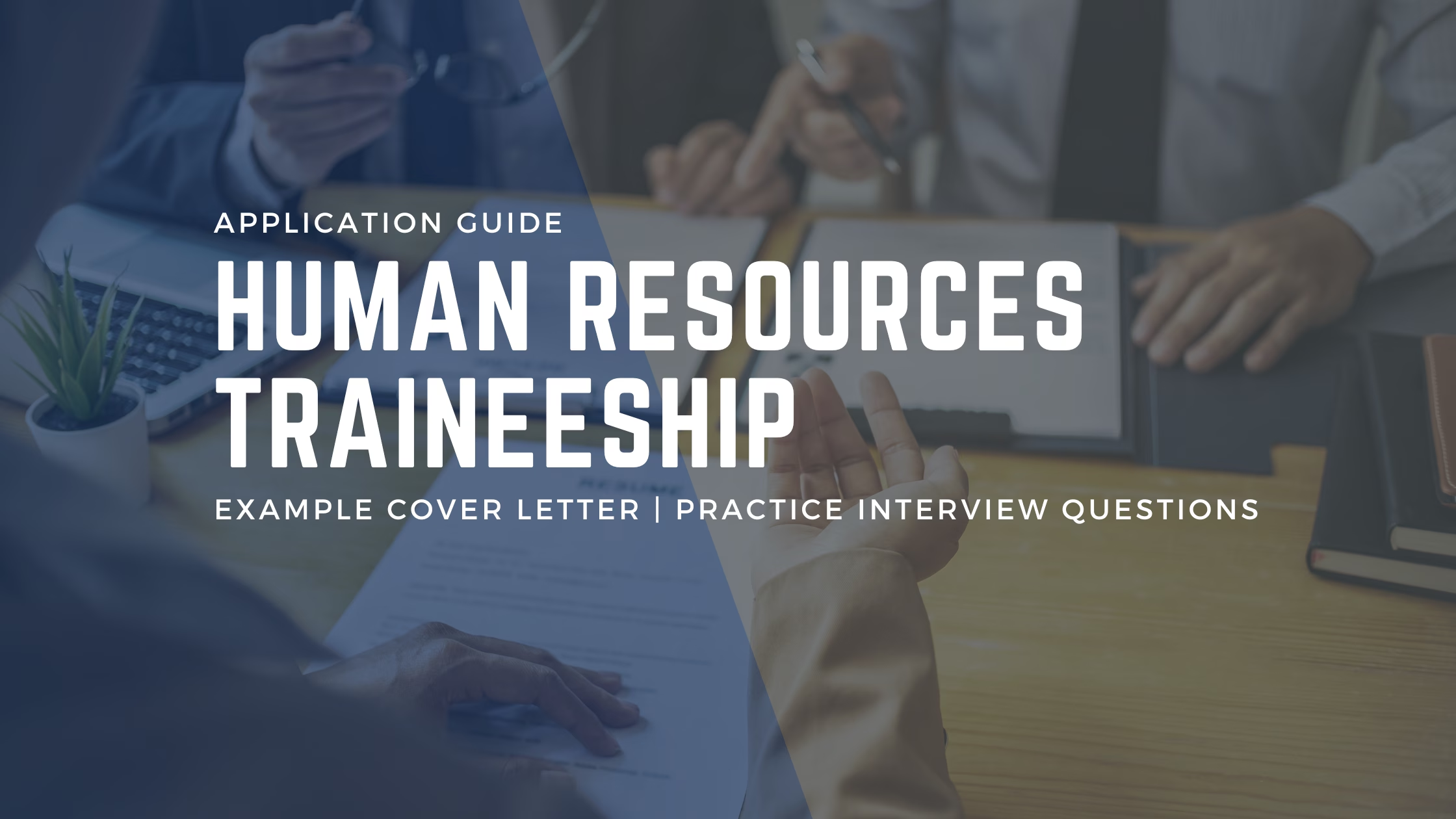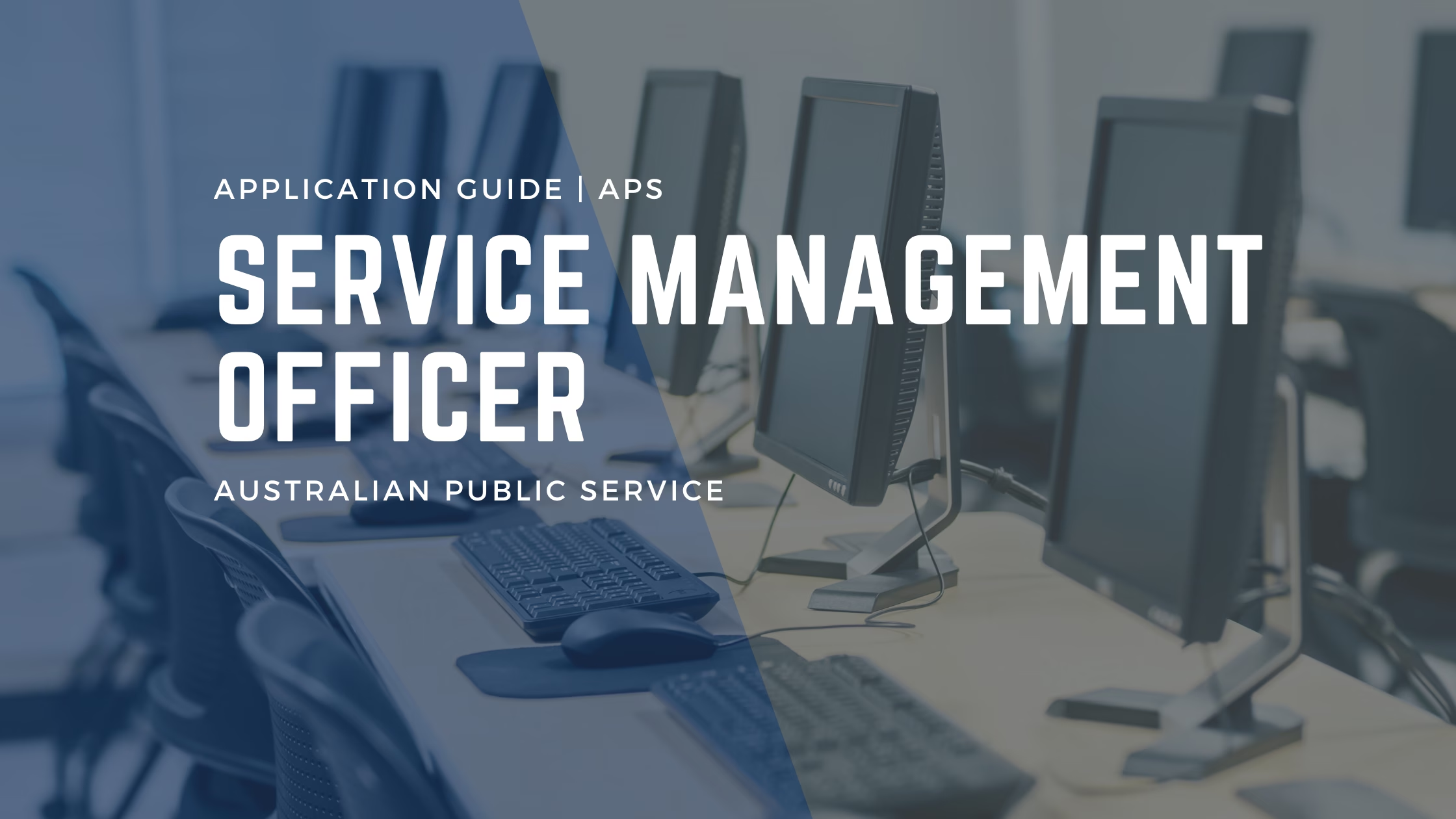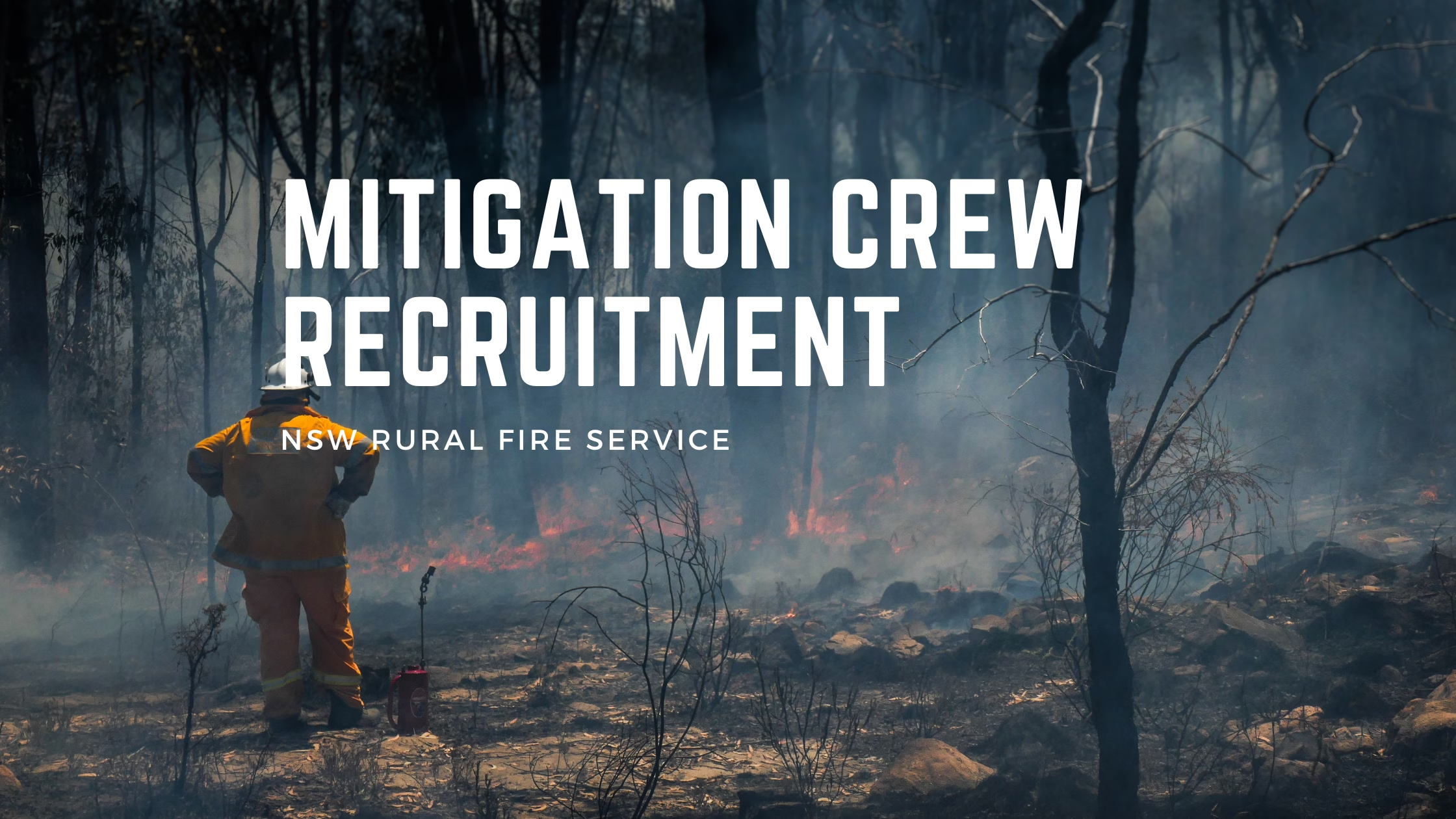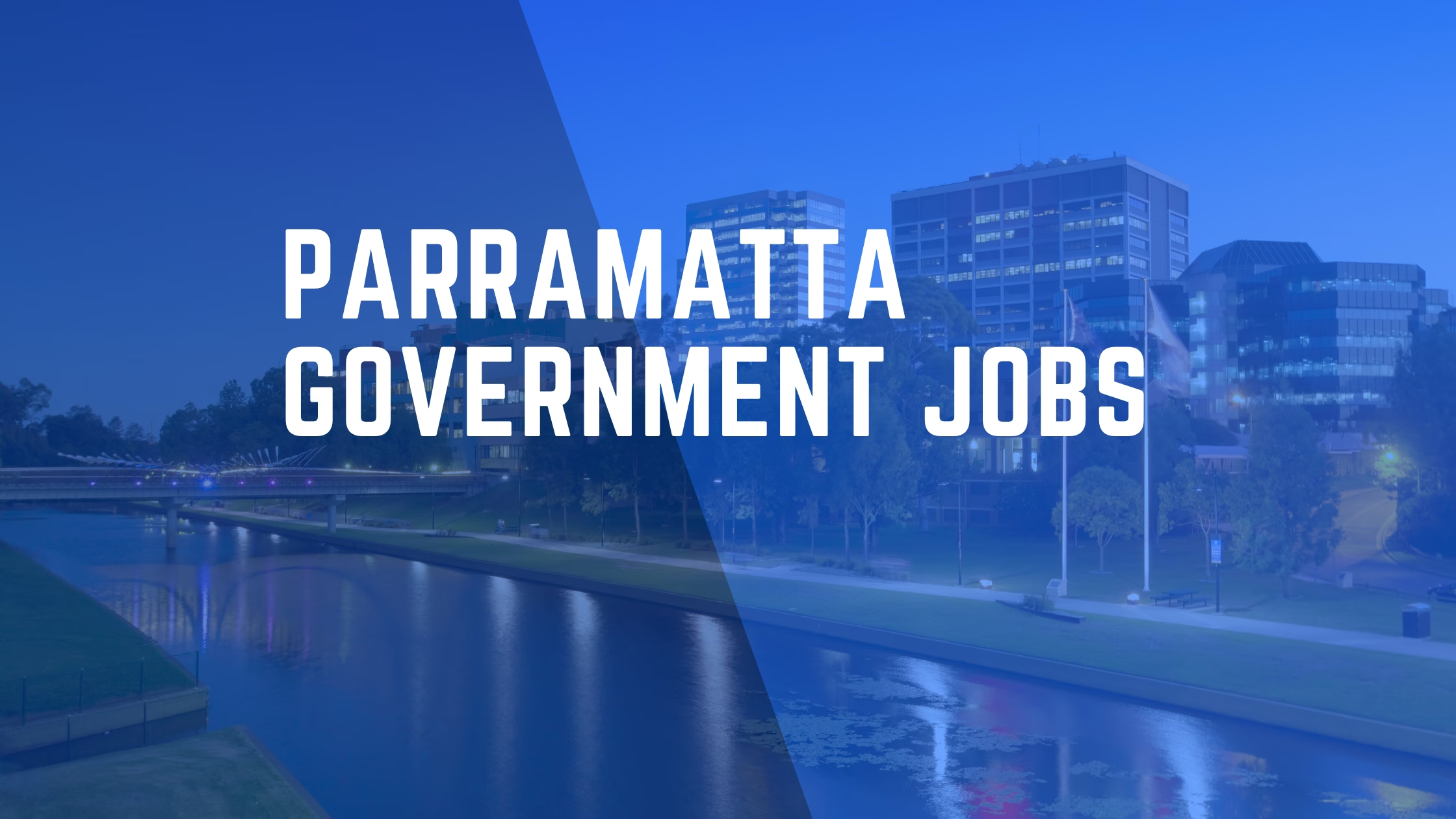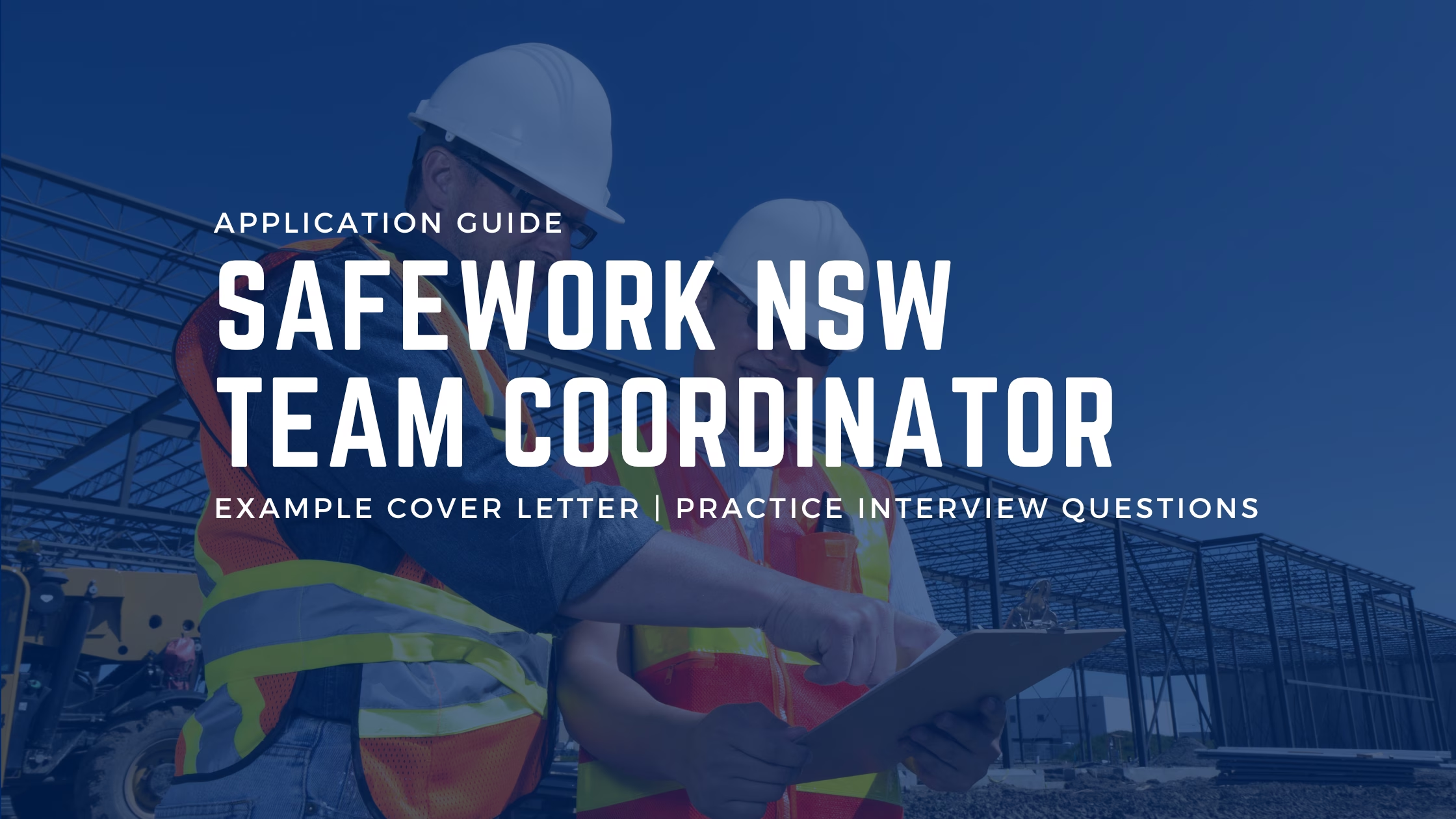Join the NSW Crime Commission with no experience needed
Embarking on a role in human resources in government can open doors to a long-lasting and rewarding career.
Opportunities within agencies like the NSW Crime Commission offer the unique chance to gain experience in a specialised public sector environment with their Human Resources Traineeship. For those who are pursuing or have recently completed a Certificate IV in Human Resource Management, a traineeship offers practical on-the-job learning combined with ongoing professional development. This article provides a detailed overview of the HR Trainee position, key responsibilities, and insights on how to structure a winning application that aligns with government standards and expectations.
Table of Contents
Human Resources Traineeship Overview
| Position Title | HR Trainee |
| Organisation/Entity | NSW Crime Commission |
| Job Location | Sydney, NSW |
| Work Type | Part-time (Traineeship) |
| Base Pay | Up to $30/hour (depending on age & current TAFE level) |
| Closing Date | Monday 27th January 2025 at 11:59 pm (EST) |
About the HR Traineeship and the NSW Crime Commission
The NSW Crime Commission is a statutory agency tasked with reducing organised and other serious crime in the state.
In this role, you will be part of the Corporate and Enterprise Services (CES) division, specifically the People & Culture team. This division supports the agency’s wider operations by providing services such as recruitment, HR operations, payroll, and compliance. By working in CES, you will directly see how HR policies, government regulations, and security measures intersect.
The People & Culture department within the Corporate and Enterprise Services division plays a crucial part in fostering a positive, compliant, and effective workplace. Through this HR Trainee position, you will learn to coordinate recruitment processes, schedule interviews, compile employee documentation, and assist with policy development. You will also be encouraged to apply concepts from your Certificate IV studies directly to the work you perform.
The environment is one that values integrity, accountability, service, and unity, especially because the Commission handles highly sensitive matters. As a human resources trainee in government, you will develop professional communication skills, proficiency in HR procedures, and a strong awareness of compliance issues. These are vital tools in your future career, whether you remain in a government context or explore roles in other organisations that require structured, policy-oriented HR processes.
What to expect in a Government Human Resources Traineeship
I’ve reached out to the hiring manager for this role and can confirm they are highly supportive of candidates with a genuine interest in human resources. This opportunity is designed with your learning and growth in mind, offering part-time hours of 2 to 3 days per week. The role is also flexible, accommodating your TAFE commitments to ensure you can balance work with your ongoing studies effectively. Your ability to prioritise and manage your schedule will be key to thriving in this position.
Starting a career in human resources within the government sector offers unique challenges and opportunities that set it apart from private-sector roles. One of the key distinctions is the critical importance of maintaining strict confidentiality. The Commission’s work often involves handling sensitive information, requiring you to uphold agency and public sector guidelines rigorously.
Furthermore, government HR roles often include managing formal recruitment and onboarding processes. This entails working with extensive documentation and ensuring compliance with detailed regulations. While this level of structure may differ from private sector HR, it provides an excellent foundation in public sector HR practices. These experiences will equip you with a highly transferable skill set, benefiting you not only in government roles but also across the broader HR industry.
Benefits of Human Resources Traineeship in Government
There are several reasons to pursue a traineeship in human resources in government. One reason is the supportive environment you will find within a public sector agency like the NSW Crime Commission. Trainees have the advantage of seasoned professionals guiding them through the intricacies of recruitment, onboarding, and policy compliance. This mentorship can accelerate your learning and build confidence in your approach to HR tasks.
Also, as this is a traineeship, you won’t be expected to know everything. It may be harder to get mentoring and on the job training if you went directly into a HR role where you are expected to hit the ground running.
An entry-level traineeship allows you to gain practical experience that complements your Certificate IV coursework. This combination of theoretical knowledge and real-world application makes you more competitive for future roles in government HR or broader administrative functions.
Exposure to policy-making is yet another reason to consider this role. When working in HR for a NSW agency, you see firsthand how legislation, compliance considerations, and strategic initiatives intersect. You might collaborate on drafting or updating internal policies that reflect state-wide or national regulatory requirements. Such experience not only looks impressive on a resume but also equips you with the perspective to adapt to new challenges in future positions.
Finally, there is the intrinsic reward of contributing to an organisation committed to public welfare. By supporting recruitment and the development of staff who combat serious crime, you play a meaningful part in keeping the community safe. Every interview scheduled, every set of employee records managed, and every policy improved aligns with a bigger mission: upholding the public’s trust in a fair, lawful society.
Application Requirements and Essential Role Requirements for Human Resources Traineeship
The application process follows NSW Public Sector protocols, with a strong focus on merit-based selection. Applicants must clearly address the essential requirements outlined for the role. All applications are to be submitted via the I Work for NSW website.
To apply, you will need:
- An updated resume: Ensure it highlights relevant experience and skills.
- A brief cover letter (maximum one A4 page): This should outline your Certificate IV in HR status or progress and explain why you are interested in this traineeship.
Key Points to Address in Your Cover Letter:
Ensure your cover letter demonstrates how you meet the following essential requirements:
- Current Certificate IV in Human Resource Management, or evidence of enrolment in the qualification.
- Excellent communication skills (both written and verbal).
- Strong attention to detail.
- Proficiency in administrative tasks, including communications, data entry, and record keeping.
- Teamwork skills: A genuine enthusiasm for working collaboratively.
- Professionalism and tact in handling confidential information and managing employee concerns.
- Technological proficiency: A strong ability to quickly adapt to new software and systems.
Tips for a Successful Application:
- Targeted Resume: Submit a 3–4 page CV, including only relevant work history and experiences that showcase your suitability for this role.
- Focused Cover Letter: Keep it concise and directly aligned with the essential requirements.
Make sure your application reflects your interest in a career in human resources within government and your readiness to excel in this traineeship.
Desirable Experience – Points to Include In Your Cover Letter
Individuals who have some administrative experience, even if it comes from part-time or casual roles, often bring valuable organisational insights. Understanding how policies, procedures, and guidelines inform day-to-day tasks can help you adapt more quickly to the Commission’s HR environment. Familiarity with databases or HR software is not mandatory but can strengthen your application.
Additionally, showing enthusiasm for career development in the public sector is a plus. The Commission values employees who actively seek opportunities to expand their skill set, particularly in policy creation, staff onboarding, and record-keeping. Candidates who have briefly observed or worked within other government agencies might find it easier to navigate the structured and compliance-oriented landscape of HR in the NSW Crime Commission.
Understanding and Addressing Focus Capabilities
Focus capabilities are at the heart of government recruitment in New South Wales. They outline the core skills and behaviours essential for success in public sector roles. The NSW Capability Framework, which you can explore at this link, lays out the standards against which candidates are evaluated.
By examining the role description, identify which of these capabilities are most relevant to an HR Trainee. Some may involve communication, teamwork, attention to detail, or the ability to navigate policy-driven contexts. When crafting your cover letter, integrate specific examples that align with each focus capability, referencing projects from your coursework or responsibilities from previous employment.
Demonstrating your willingness to tailor your application to the Commission’s environment speaks volumes about your commitment. It also proves that you have taken the time to understand the unique demands of working in a government HR role. Highlight any training or experiences that showcase your capacity for critical thinking, innovation, and professional judgement, as these qualities resonate strongly within structured public sector frameworks.
Application Checklist for Human Resources Traineeship
| Task | Completed? |
| Prepared Resume (tailored for HR/government work) | [ ] |
| Cover Letter (addressing essential requirements) | [ ] |
| Reviewed and Included Focus Capabilities (from role description) | [ ] |
| Have someone review your cover letter | [ ] |
Candidate Profile
Imagine a candidate named Taylor Brown, someone who has spent the past two years in hospitality while simultaneously pursuing a Certificate IV in Human Resource Management.
Taylor’s day-to-day tasks in hospitality involved communicating with a wide variety of people, handling unforeseen challenges with calmness, and maintaining an orderly schedule to help the team run efficiently. Driven by a desire to contribute to a more meaningful cause, Taylor is now determined to build a career in human resources in government.
During this period, Taylor honed critical transferable skills, including professional communication, detailed record-keeping, and a strong sense of teamwork. The ability to adapt and remain compassionate when assisting customers in hospitality can translate seamlessly into providing support for employees within a government organisation. This blend of practical experience, academic focus, and willingness to contribute to the NSW Crime Commission’s objectives forms a compelling profile for a potential human resources trainee.
Human Resources Traineeship Example Cover Letter
Dear Hiring Manager,
I am writing to express my strong interest in the HR Trainee position within the NSW Crime Commission. I am currently undertaking my Certificate IV in Human Resource Management and have spent the past two years working in hospitality, where I developed an unwavering commitment to excellent service and organisational efficiency. This combination of study and practical experience has shaped my enthusiasm for human resources in government, particularly given the meaningful role the NSW Crime Commission plays in reducing and preventing serious crime.
Throughout my time in hospitality, I learned the importance of handling varied responsibilities and reacting swiftly to sudden changes in the work environment. My communication skills, honed while providing support to a range of customers, translate well into the tasks associated with recruitment, onboarding, and HR operations. In my current position, I also collaborated with managers to coordinate shifts and maintain smooth daily operations, which required attention to detail and the capacity to build productive relationships across diverse groups.
In one instance, I was tasked with reorganising staff rosters during a particularly busy holiday period (Situation). My goal was to ensure adequate coverage for each shift while respecting existing employee commitments (Task). To achieve this, I reviewed each person’s availability, carefully balanced the hours assigned, and communicated potential changes in advance (Action). My solution resulted in a well-staffed operation that handled peak business efficiently, and team members appreciated the fair workload distribution (Result).
Another example involves a training project for new starters where I was asked to provide a practical orientation under tight time constraints (Situation). My role was to outline the most critical procedures, support them in learning basic tasks, and answer any questions about workplace policies (Task). To address this challenge, I created a concise training schedule, paired less experienced employees with seasoned staff, and provided one-on-one support when needed (Action). The new employees gained confidence quickly, which helped them integrate into the team more smoothly, and overall service quality improved (Result).
I believe that these experiences showcase my ability to remain calm under pressure, maintain high levels of organisation, and communicate in a way that respects the needs of colleagues and customers alike. Taking these qualities into a government HR environment, I am confident in my capacity to manage recruitment processes, oversee onboarding, and contribute to policy creation under the direction of the People & Culture Manager.
Thank you for your time and consideration. I have attached my resume, where you will see more details about my hospitality experience and academic achievements in human resources.
I would welcome the opportunity to discuss how my background and passion for structured, mission-oriented work can support the NSW Crime Commission’s vital goals.
Kind regards,
Taylor Brown
Understanding the STAR Technique
The STAR technique is a well-known method for articulating relevant work experiences in the public sector. The acronym stands for Situation, Task, Action, and Result. When you share examples, begin by describing the context (Situation) before explaining your specific objective (Task). Then elaborate on the steps taken to meet that objective (Action) and conclude by highlighting the outcome of your efforts (Result).
This technique simplifies the process of illustrating your readiness for a role by emphasising clear, logical narratives. In government recruitment, measurable outcomes and detailed processes matter, so showing you can identify challenges, devise a plan, and implement solutions is critical. When you incorporate STAR examples in your cover letter and interview responses, you give hiring managers a well-rounded perspective on your abilities.
Practice Public Sector Interview Questions
Preparing for the Interview
The NSW Public Service Commission provides a Capability Application Tool that features sample questions and tips on addressing specific focus capabilities. This resource can guide you in structuring your responses for potential interview questions. You might be asked to describe how you maintain confidentiality, how you approach balancing work and study, or how you respond to rapidly changing priorities.
Some practice interview questions for the Human Resources Traineeship role:
Can you provide an example of how you have effectively communicated with a team to achieve a common goal?
How would you handle a situation where an applicant is frustrated about the recruitment process delays?
Have you ever had to adapt to a new software or technology quickly? Describe the situation and how you managed the transition.
Final Thoughts
A human resources traineeship at the NSW Crime Commission provides a vibrant start for anyone determined to build a long-term career in human resources in government. This role combines guided professional development with hands-on responsibilities, ensuring you grow both academically and practically. By learning to handle recruitment, policy compliance, and staff onboarding, you gain a broad view of how public sector HR truly functions.
As you shape your application, take time to address the essential requirements in detail, weave in examples reflecting focus capabilities, and demonstrate a clear readiness to step into the Commission’s confidential and fast-paced environment. Above all, show your enthusiasm for contributing to a mission-oriented team focused on making New South Wales a safer place.

